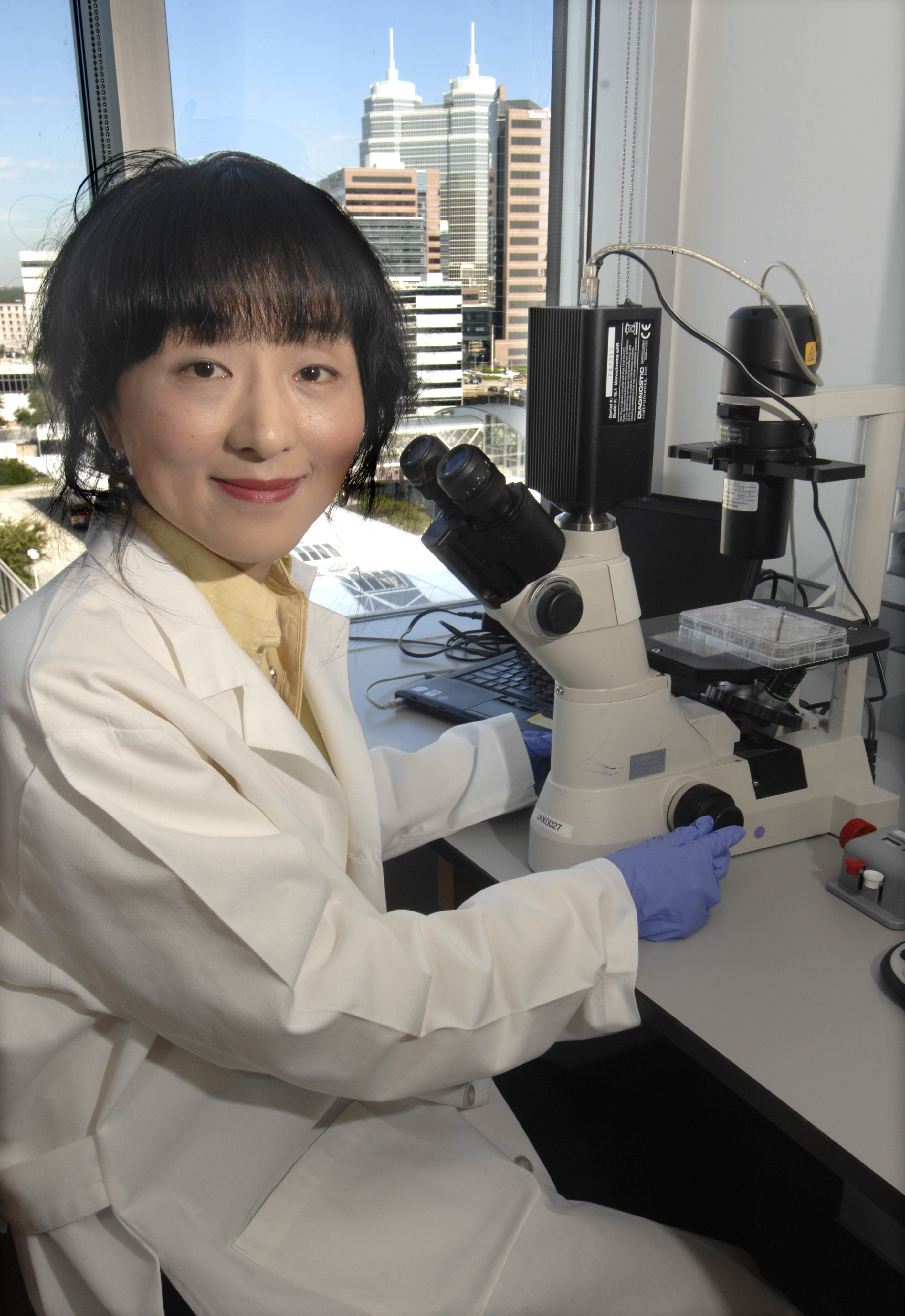
Wa Xian
Assistant Professor
| Name | Wa Xian |
|---|---|
| University | McGovern Medical School, University of Texas Health Science Center |
| Country | USA |
| Position | Editorial board member |
Biography
Dr. Wa Xian received her Bachelor’s degree in Biochemistry from Nankai University in China and Ph.D. degree in Molecular Genetics at the University of Texas Graduate School of Biomedical Sciences in Houston, focusing on master regulator genes of cell proliferation and lineage specification during early neural development. The support of a DOD breast cancer fellowship enabled Dr. Xian’s postdoctoral studies with Prof. Jeffrey Rosen at the Baylor College of Medicine. There she used a combination of ligand-induced dimerization strategies and a mammary epithelial 3D culture system to address the role of fibroblast receptor tyrosine kinase signaling in the evolution of breast cancer. In 2008, Dr. Xian moved to Harvard Medical School under the direction of Prof. Christopher Crum, Director of Women’s and Perinatal Pathology at the Brigham and Women’s Hospital to study the origin and evolution of ovarian cancer. Dr. Xian continues to work very closely with Prof. Crum on the origins and chemotherapy resistance problem in high-grade ovarian cancer. In 2009, Dr. Xian was appointed Principal Investigator at the Institute of Medical Biology of the Agency for Science, Technology, and Research in Singapore, where she jointly oversaw a highly interactive group of postdoctoral fellows, graduate students, and research assistants with Prof Frank McKeon of the Genome Institute of Singapore devoted to the cloning of stem cells of regenerative tissues and using advanced technologies to understand the genetics of their self-renewal, commitment, and differentiation. In 2013, Dr. Xian returned to the US and initiated multiple projects related to inflammatory diseases and cancer with colleagues at the University of Connecticut Health Center. In 2015, Dr. Xian received the Rising Stars Award from the Cancer Prevention & Research Institute of Texas (CPRIT) and was recruited to the Institute of Molecular Medicine at the University of Texas Health Science Center in Houston.
